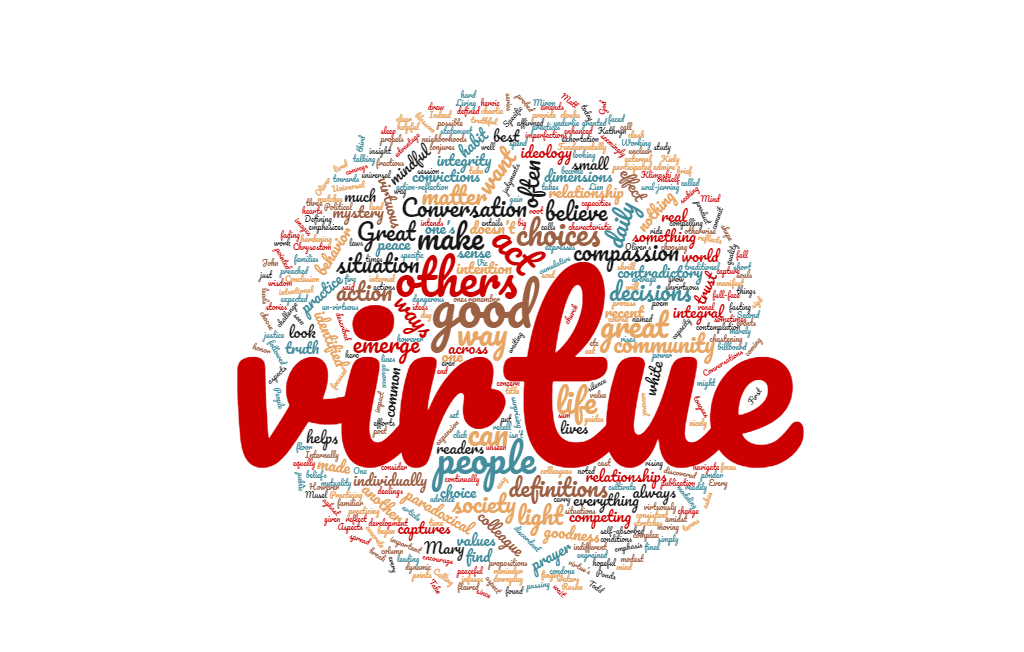
Congregation Prayer: Social and Spiritual Benefits Explained
Prayer in congregation is considered to have more social and spiritual benefit than praying by oneself. The congregation is led by a person called an imam, who is usually chosen as the person with the best knowledge of the Quran, preferably someone who has memorized the entire Quran (a hafiz). The remaining people stand behind the imam in straight parallel rows, all facing the direction of the Kaaba in Mecca. In the first row behind the imam, if available, would be another hafiz to correct the imam in case a mistake is made during the performance of the salat. Congregation prayer in a mosque, or masjid, is particularly encouraged for men and is optional for women. Muslim men are encouraged to offer as many of the five daily prayers in the mosque as possible, as the reward for doing so is at least 25 times greater than offering the prayer alone at home. (Find out about the Call to Prayer.)
Friday Prayers in the Mosque
Friday is the holy day of the week for Muslims and it is mandatory for men to offer the early afternoon prayer, known as Jumma, in congregation. During Friday lunchtime, Muslims are required to take a break from their work, or other worldly activities they are involved in, and head to the mosques or prayer halls to offer the noon prayer.
This special prayer is composed of a sermon followed by 2 units of congregational prayer.
The sermons can be on a variety of topics but tend to focus on spiritual reminders to help motivate the community to do good deeds and strengthen their relationship with God. After the Friday prayer, people are free to return to their workplaces.
Mosque and Community
In addition to being a place of prayer, mosques have also become a focal point in the community. People meet and greet one another, receive news about the community (e.g. those who are sick), and children come to learn.
The mosque is therefore the central point for growth and development of the community.


